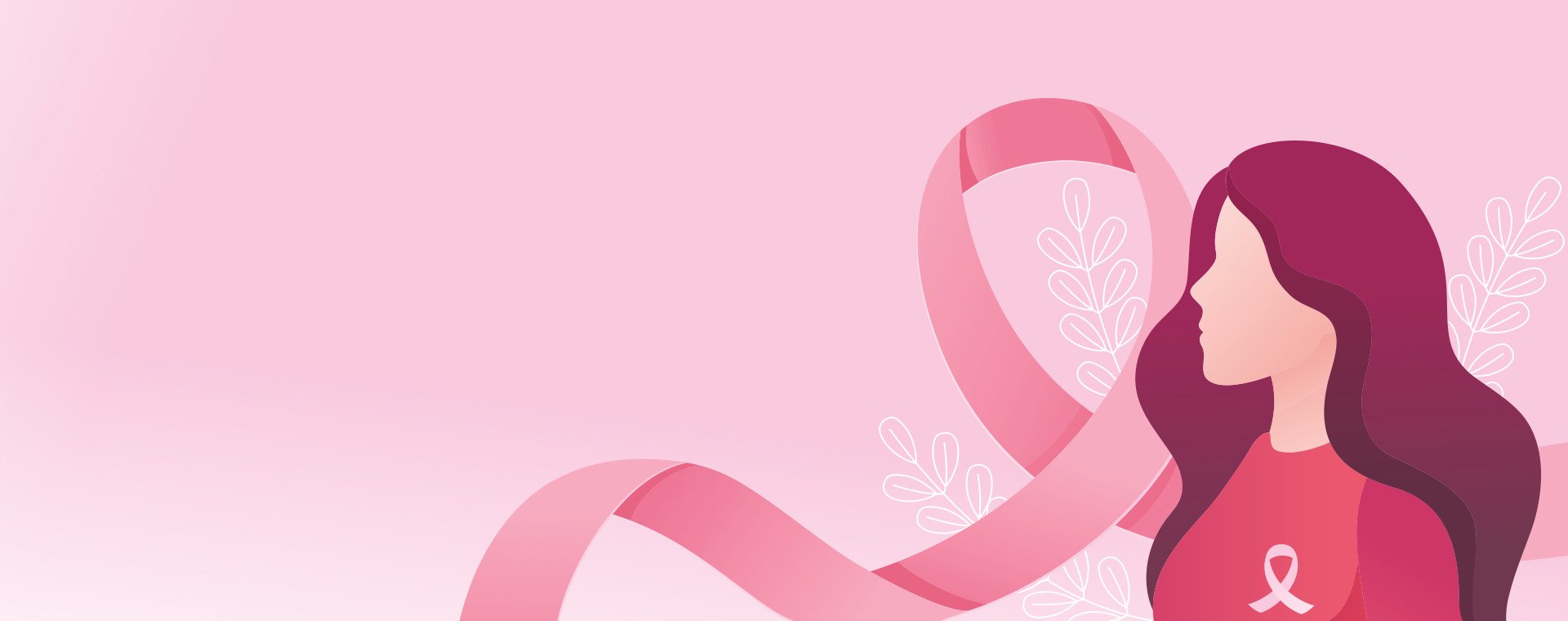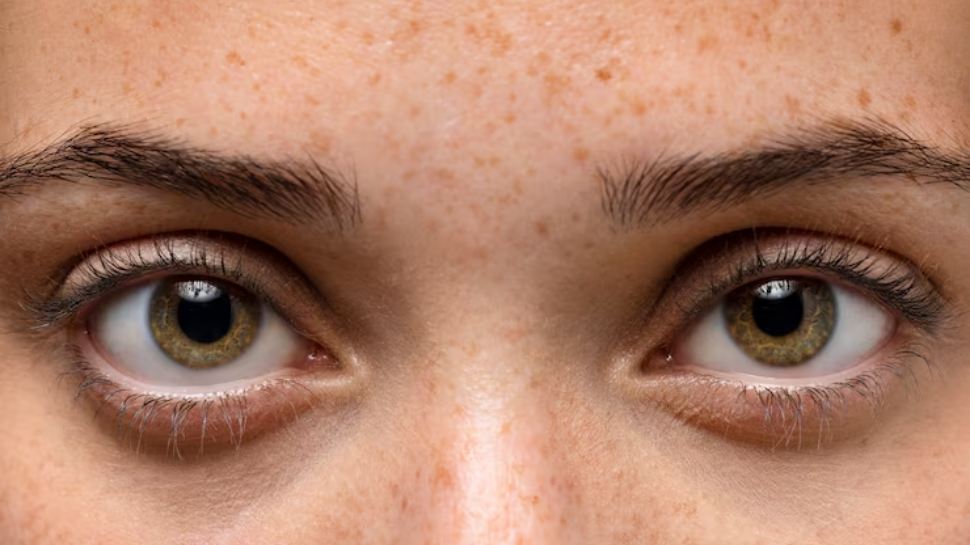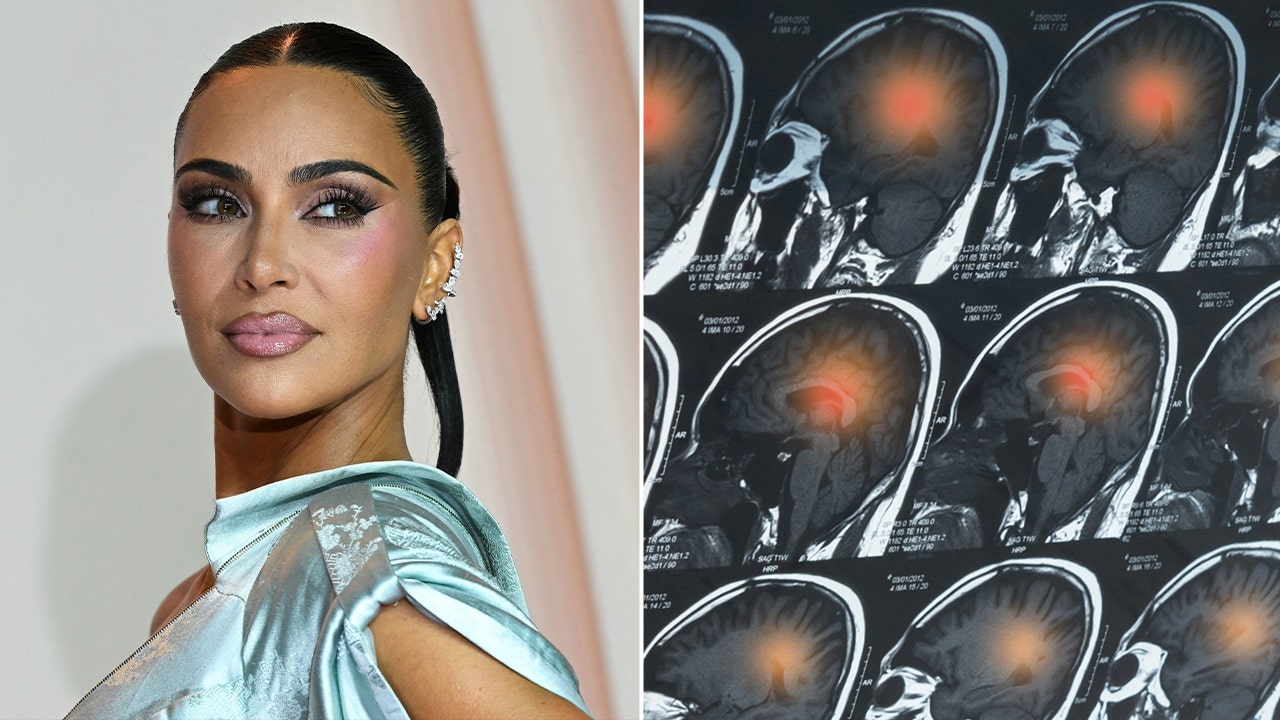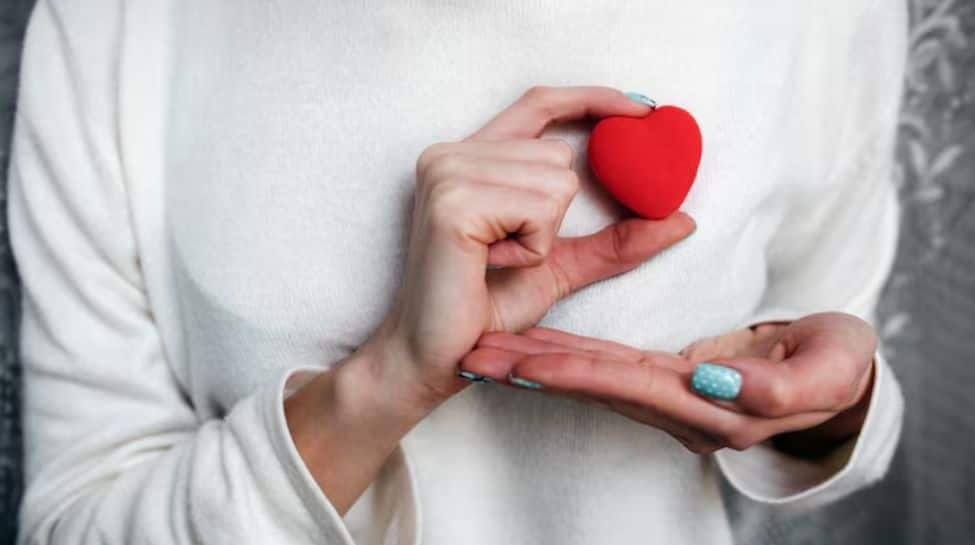PUBLISHED
October 26, 2025
KARACHI:
The music of her life used to be the sound of gloves hitting the bag, sneakers gripping the mat, and laughter echoing through the gym after another exhausting round. Fitness wasn’t something Jovita did, it was who she was. “Before cancer, fitness was just part of who I was,” she says, smiling softly at the memory. “I loved being athletic. It made me feel confident and strong. Back then, I focused more on aesthetics and performance than on health itself. I didn’t realize how much it would later become my lifeline.”
In those days, she was training to become an athlete, moving through life with rhythm and drive. “Honestly, it just felt natural,” she says. “I was always drawn to movement, running, training, and pushing limits. There wasn’t one big moment, but more a series of small ones where I realized this is where I feel most alive. Competing, sweating, challenging myself, that’s when I knew this wasn’t just a hobby, it was who I am.”
At twenty-four, Jovita carried the kind of energy that filled a room before she even spoke. “I was full of energy and dreams, a confident, fun-loving person but also focused on my goals, and living life fast,” she recalls. “I thought I had everything figured out, not knowing life was about to test me in ways I couldn’t imagine.”
And then, suddenly, everything changed. The body she had spent years training, the one that had never failed her, started sending silent signals she couldn’t ignore. A small lump. A few medical visits. And words that no one is ever ready to hear. In a single moment, the girl who had once fought for medals found herself preparing for a different kind of battle, one for her life.
The discovery
It began as a dull ache she could not quite explain. “I first noticed a small lump, and it would slightly hurt whenever I threw a punch or a jab during training,” Jovita recalls. “At first, I brushed it off, but deep down I knew something felt off. I wanted to be okay because I had a tournament I wanted to participate in.”
That mix of denial and instinct became her first real opponent. She remembers crying one night, unsure of what was happening to her body. “I felt scared,” she says quietly. “I didn’t know what this meant. I just wanted things to go back to normal.”
When she finally visited the doctors, the verdict was almost comforting. They told her the lump was likely benign, something harmless. “I felt confused and uneasy,” she says. “A part of me wanted to believe them, but another part just knew something wasn’t right. It was frustrating, like my instincts were being ignored.”
The months that followed were marked by uncertainty and delays. The world outside was locked down due to COVID, and so were her medical options. She waited, hoping the discomfort would fade, that it really was nothing. But when clinics reopened, she pushed for another checkup. This time, the news would change everything.

“I remember the doctor saying, ‘It’s Stage 3 Triple-Negative Breast Cancer,’” she recalls, her voice tightening. “The words hit me like a shockwave, but there was no time to even process them. Every step after that happened so urgently, appointments, scans, treatment plans, it all moved at lightning speed. I didn’t have a moment to breathe or truly absorb what was happening.”
Her biggest fear was not just the disease, but what it would take away from her. “Getting the final diagnosis was absolutely terrifying,” she says. “The thought of chemotherapy was overwhelming. I knew I would lose my hair, and as someone who had always cared about my appearance, that scared me more than anything. Suddenly, my life felt completely shattered because I wasn’t ready to accept myself the way I was.”
Her family’s reaction mirrored her own shock. “They were scared and overwhelmed, just like I was,” she says. “I could see the fear in their eyes. No one could believe it because cancer doesn’t run in our family.”
Still, they stood beside her, even when words fell short. “They tried to stay strong for me. Emotionally, I felt completely torn. I had always been healthy, fit, and careful with my body. Part of me wanted to break down, scream, and cry endlessly, but part of me knew I had to hold it together for them too.”
Those first few weeks became a blur of emotion, fear, anger, sadness, confusion, yet somewhere in that chaos, she began to find her footing again. “It was a rollercoaster,” she says, “but also filled with moments of love and support that reminded me I wasn’t alone in this fight.”

The battle phase
The months that followed became a blur of hospital rooms, medication, and exhaustion. “The sixteen rounds of chemotherapy were some of the hardest days of my life,” Jovita says. “I was dealing with so much at once, losing my hair, going through a mastectomy, and trying to recover from both the physical pain and the emotional loss. I couldn’t even recognize the person staring back at me.”
She remembers brushing her teeth or washing her face but avoiding the mirror. “I didn’t feel like me anymore,” she says. “There were days when I’d put on a brave face, smile, and act happy in front of my family because I didn’t want them to worry. But every night, when I was alone, I would cry myself to sleep. It was painful, lonely, and heavy, but deep down, I kept telling myself that I had to survive this. I had to find my strength again, no matter how broken I felt.”
At Shaukat Khanum Hospital in Lahore, the care she found became one of her biggest sources of comfort. “The support there was incredible,” she says. “From the doctors to the nurses to the staff, everyone went above and beyond to make sure I felt cared for not just physically, but emotionally too. They were patient with my fears, answered all my questions, and reminded me that I wasn’t just a patient, I was a person fighting for her life.”
She recalls how their compassion gave her hope on days when she felt completely lost. “Their professionalism combined with genuine empathy made a huge difference,” she says. “Knowing that I was in capable hands helped me keep going, even on the hardest days.”
Still, there were moments when her spirit almost gave way. “Yes, there were times I felt like giving up,” she admits. “The pain, the exhaustion, and the constant changes in my body sometimes felt unbearable. I questioned why this was happening to me and whether I could really survive it all.”

But each time, something pulled her back. “It was a mix of love and determination, my family who stood by me, my friends who never let me feel alone, and a deep inner voice that reminded me of who I was,” she says. “I also used to see small kids in the hospital fighting for their lives, and I thought about the life I still wanted to live and the person I still wanted to become. That thought, of fighting for my own future, kept me moving forward even when every part of me wanted to stop.”
Cancer had stripped away much of what she once took pride in, her strength, her appearance, her sense of control. “Physically, I had to face scars, the loss of my breast, hair falling out, and weakness that left me struggling to do even simple things I once took for granted,” she explains. “Mentally, it was shattering. I didn’t recognize myself in the mirror anymore. I felt like a stranger in my own skin.”
There were days when she hated her reflection, cried over what she had lost, and wondered if she would ever feel whole again. But over time, her perspective began to shift. “Slowly, I began to see my body differently,” she says. “Not for how it looked, but for what it had endured. It had survived something I never thought I could survive, and that realization, painful as it was, became the foundation of a new kind of strength and self-love.”
Her identity as an athlete became her anchor. “Even though my body felt weak and unfamiliar, the discipline, resilience, and mental toughness I had built through years of training stayed with me,” she says. “I approached chemotherapy like I would a tough workout, one rep at a time, focusing on small victories, pushing through pain, and never giving up.”

The turning point
When the words finally came, “You’re cancer-free,” Jovita could barely process them. After months of hospital corridors, restless nights, and silent prayers, she found herself caught between disbelief and relief. “It was like a weight I didn’t even fully realize I was carrying had finally been lifted,” she says. “After months of fear, pain, and uncertainty, it was as if I had been given a second chance at life.”
There were no grand celebrations, just quiet tears and gratitude. “I cried, not just for the end of the treatment, but for everything I had endured, the fear, the loneliness, the nights of crying myself to sleep, and the journey of learning to accept and love my body again.”
But survival was only half the battle. “Rebuilding my strength after cancer was one of the hardest journeys of my life,” she says. “Even lifting a two-kilogram dumbbell felt the heaviest, and I remember crying in the gym because I kept comparing my old self to the fit person I used to be.”

She rebuilt herself one step at a time. “Every day was a reminder that progress, no matter how small, mattered,” she says. “I found grounding in gratitude, which made my faith in God even stronger and made me appreciate my life, my body, and the people who supported me.”
Before cancer, Jovita had studied interior design. After it, that world no longer spoke to her. “I realized how much I wanted to focus on health, strength, and helping others rather than just aesthetics,” she says. “Surviving cancer gave fitness a deeper meaning.”
She began coaching people not just for appearance, but for confidence and healing. “It wasn’t just about coaching anymore,” she says. “It was about guiding people to feel strong, confident, and capable in their own skin. It was a way of giving purpose to my pain, and finally, a way to heal and help others heal.”
Many of her clients were fighting their own battles, arthritis, diabetes, depression, or post-surgery recovery. “It was proof that my pain and experiences weren’t just my own,” she says. “They could be a source of hope and strength for others.”

Reinvention and purpose
Jovita’s story today is no longer about illness; it’s about strength. “Please, don’t ignore your body,” she says. “Listen to it. Pay attention to changes, no matter how small they seem. I was young, healthy, and fit, and I never imagined something like cancer could happen to me. But it did, and early detection could save your life.”
She urges women to act before it’s too late. “Do your self-examinations regularly, go for checkups, and don’t let fear or denial hold you back,” she says. “If my story can make even one woman stop and check herself, then everything I went through has meaning.”

The illness changed her perspective on everything. “I used to chase perfection,” she says. “How I looked, what people thought of me, the idea of always being ‘put together.’ But when you come face to face with something that threatens your life, you realize none of that truly matters.”
Now, she values peace and presence. “Small things like a morning coffee, a good workout, laughter with family, they feel like blessings,” she says. “What matters to me now is living a life that feels meaningful, one where I can inspire others, love deeply, and be grateful for the second chance I’ve been given.”
Every year, she celebrates her cancer-free anniversary like a birthday. “I cut a cake, reflect on how far I’ve come, and spend the whole day doing things that make me happy,” she says with a smile. “It’s a celebration of my new body, my second chance, and the strength that carried me through everything.”

Light through the cracks
Looking back, Jovita no longer calls cancer her downfall. “At first, I thought cancer broke me,” she admits. “It stripped away everything I knew about myself, my body, my confidence, my identity. I felt lost, fragile, and shattered.”
But time brought clarity. “With time, I realized it didn’t just break me, it rebuilt me. It tore me down only to make space for a stronger, wiser, and more grounded version of myself,” she says. “Cancer taught me strength I never knew I had. It showed me what truly matters in life and helped me reconnect with who I really am. So yes, it broke parts of me, but those same cracks became where the light came in.”

When asked what her younger self would say if she could see her now, Jovita smiles. “If my 24-year-old self could meet me today, I think she would just stare in disbelief for a moment, and then probably cry,” she says. “She’d see the scars, the strength, and the calm in my eyes, and she’d realize how much pain and growth it took to get here. She’d tell me she’s proud. that even after everything that tried to break me, I never gave up.”
She pauses before adding softly, “She’d probably say, ‘I can’t believe you made it through that,’ and I’d tell her, ‘I can’t believe it either, but we did.’”
For Jovita, survival is no longer just about defeating cancer, it’s about rediscovering herself. “She’d see that I turned my pain into purpose,” she says. “That I built a life around strength, healing, and helping others. And I think she’d finally understand. that everything she feared, everything she lost, led her to become exactly who she was meant to be.”
For her, cancer didn’t just change her life. It rewrote the meaning of it.


)
)

